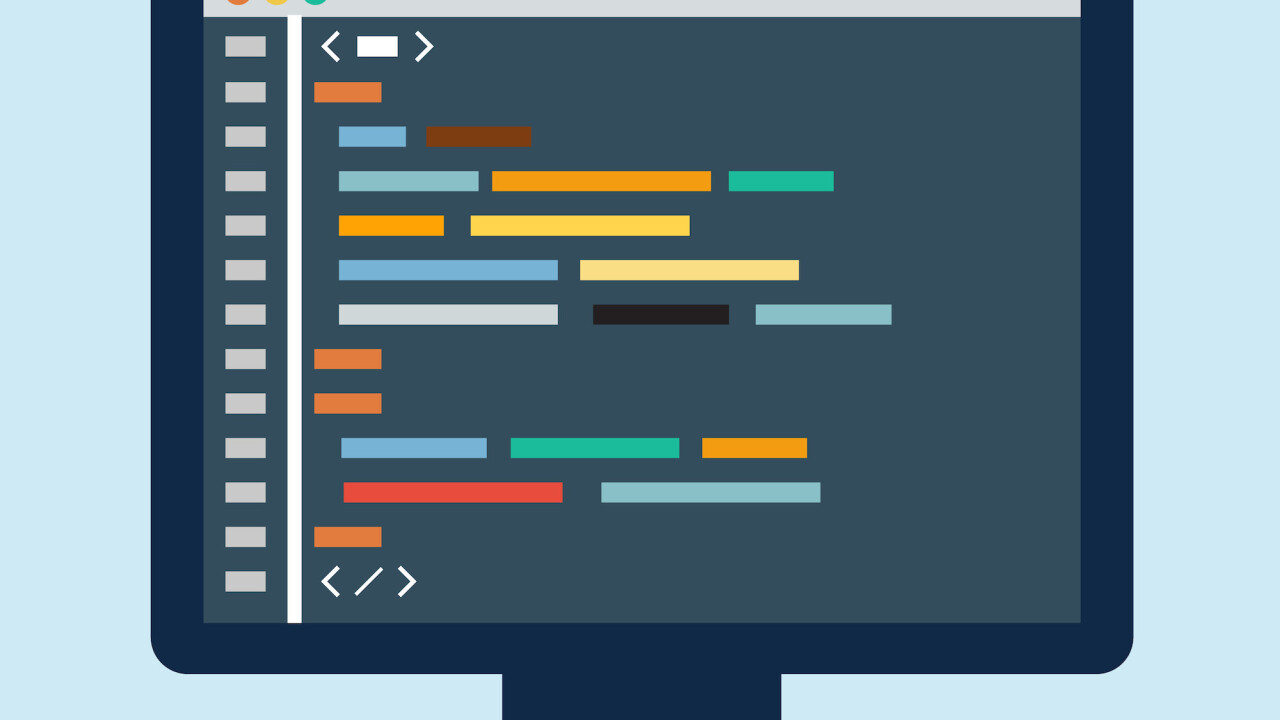
Gregg Pollack is founder of Code School, an online learning destination for developers that teaches through entertaining content.
The latest learn-to-code movement has brought on a wave of interest in programming across the board—from kids to working professionals. It’s a positive and necessary shift, considering software development jobs expected to grow 22 percent by 2022: a rise that’s significantly higher than any other occupation on average and a great sign for the tech industry as a whole.
However, I’ve started to wonder if by focusing so much on learning code, we’re losing focus on how to support one of our most important assets in the technology industry—existing developers.
Technology and languages change constantly, so what was taught in a college coding class a few years ago is now outdated. This leaves companies to rely on staff to self-educate without any real guidelines, so those employees are left with frustration and fleeting skills.
This is a big problem, and one that will only become more severe over time. Just think about an iOS developer who in a few years might be coding entirely in Swift, Apple’s newly launched language. This type of rapid change is absent from almost all other industries, yet remains a serious concern for us.
But how do we make sure we are supporting the developers we have now? Here are just a few ideas that come to mind:
1. Implement on-the-job continuing education programs
It’s common for companies—especially startups—to hire people who fit great into the culture, but aren’t necessarily whizzes at the language they’re using.
Offering ongoing education can help address the knowledge gap, whether it’s requiring employees to go through certain educational programming materials or hosting regular live seminars with technology experts. And with technology solutions on the rise, standardizing education is becoming even easier.
2. Encourage pair programming
In case you’re not familiar, this is where two programmers work on the same computer at the same time so they can solve problems together. Every programmer has different strengths and weaknesses, so taking time to code together with different people in the company can be a great learning experience.
3. Make learning free (or at least more affordable)
A lot of technology companies offer some pretty awesome benefits, like catered lunches, healthy snacks and gym memberships. Education should be a part of that, too.
Give your employees budgets to buy educational books, or offer to pay for couple technical conferences a year that they may want to attend. The easier you make it for your team to continue learning, the more likely they are to take advantage of educational resources—and that ultimately helps both them and your company.
4. Set learning time during work hours
Some companies set aside a few hours every week for everyone to stop working and spend time doing something that makes them better. This could be taking a typing class, playing an online programming course, refactoring some old code, or even coding a side project using a new language.
5. Create incentives
Let’s face it—many people have a hard time motivating themselves and could use an extra push. Providing incentives or even devising a fun office competition centered around learning could help light your team’s inner fire.
For instance, Code School team accounts feature a leaderboard, which can show which team member has completed the most courses.
Not one path to learning but many
Ultimately there’s no simple path to educate developers; learning is a personal process and different things work for different people. Some people like books, others prefer online videos, and some just like to dig in and experiment. The best way to tackle different learning styles is by having a good mix of tools—and ways for developers to get access to them—so they continue to grow in the way that’s best for them.
Have you successfully implemented an education program for your development team? Have other ideas on how to better support developers? Let’s hear about in the comments.
Read next: Upgrade your brain: Programming resources for coding newbies
Get the TNW newsletter
Get the most important tech news in your inbox each week.







